I recently transcribed the well known theme tune from ‘Mission Impossible’ for one of my students. As part of my piano lessons, I try to let the student guide the direction of study as much as possible. So if there is a piece which not in the usual syllabus or might cost money, I do a quick transcription for them! More often than not, the motivation to learn a piece that a student is familiar with and enjoys listening or singing to, pushes them to overcome slightly more difficult technical challenges that I put in. This is a great way of introducing new musical concepts where standard exam repertoire might not provide.
And so back to Mission Impossible. Although I was aware of the melody, I had never in all my years actually considered the musical construct of the piece. After 10 seconds of listening I knew that this piece was in no regular time signature. Enter the fabled time signature of 5/4! Although complex time signatures are prevalent in jazz, modern classical and progressive rock, in most pop music and indeed the vast body of pre 20th century classical music, complex time signatures such as 5/4 and 7/8 are hardly seen.
[youtube https://www.youtube.com/watch?v=2QlplayAjM4&w=420&h=315]
There is in my mind a very simple reason for this. The music that we hear on radio and most mainstream media is written in simple time such as 4/4. Simple time easily divides in two and is easily recognised; you can easily nod along to it! In addition, a lot of the music that people dance to in clubs, gigs or anywhere else, is in 4/4 as it is easy to move to. Could we also be drawn to symmetrical things as humans…….
If you listen to 5/4, at first it almost sounds incomplete. It sounds like there is an extra beat added onto a standard measure. Not sure what this sounds like? Listen to the classic telephone ring! The ‘ring, ring’ falls on beats 1 and 2, with a gap on beats 3,4 and 5. Again, this may explain why such time signatures do not feature greatly in lots of pop music. Blues, which is the basis of so much popular music today, is generally written on a 12 bar cycle. And this does not divide equally into five! Four beats in the bar however fits perfectly.
Unsurprisingly, the ‘Mission Impossible’ theme was written by a great composer who was no stranger to both classical and jazz music: Lalo Schifrin. His musical landscape almost defined the films that involved tough leading men who were taking the law into their own hands. In addition to ‘Mission Impossible’, he wrote the themes for ‘Bullit’ and ‘Dirty Harry’. There is no doubt that Lalo’s upbringing in jazz music gave him the creative space to confidently write a major theme tune in 5/4.
[youtube https://www.youtube.com/watch?v=DUo9ogmtBoU&w=560&h=315]
But what’s really clever, is that Lalo Schifrin makes 5/4 really groove! No longer does it sound like an extra beat to 4/4, but something punchy with an incessant drive. The ‘trick’ comes with his placement of emphasis on certain beats, in this case the last two, or 3+2. With those rhythmic stabs on the last two, the music is driven along to the next bar and to the pieces’ thrilling climax.
You may be surprised (or not surprised) to hear that songs with complex time signatures are not very favoured by record labels. And I think this comes back to how simple time such as 4/4 can be much more easily followed and more importantly, danced to. The earliest notable stand off with a record company (I probably am hamming up the extent to the disagreement!) was between Dave Brubeck and his then record label, Columbia. Of course, along with ‘Mission Impossible’, Dave Brubeck performed one of the most recognisable and joyous examples of 5/4, the aptly named ‘Take Five’. I have carefully used the word ‘performed’ as it was actually the saxophone player in Dave Brubeck’s quartet, Paul Desmond, who wrote ‘Take Five’. This is such a cool sounding piece of music, and like ‘Mission Impossible’, ‘Take Five’ emphasises the last two beats of the five to drive the piece along.
[youtube https://www.youtube.com/watch?v=vmDDOFXSgAs&w=420&h=315]
I also heard once that the artist Sting came into similar disagreements with songs he wrote in complex time signatures. You can hear another great example of 5/4 with Sting’s song, ‘Seven Days’.
[youtube https://www.youtube.com/watch?v=pG7_gceIFL4&w=560&h=315]
After hearing this music, you may start to think ‘what’s all the fuss about, 5/4 is a great time signature!’ If so, I would wholly agree. Here is one final piece of popular music that hauntingly and beautifully utilises 5/4. The song is ‘River Man’ by the late great Nick Drake.
[youtube https://www.youtube.com/watch?v=idcaRTg4-fM&w=420&h=315]
I would like to add a late addition to this article, for an early use of 5/4 in classical music. Of course it came from that pianist and all round composer extraordinaire, Fryderyk Chopin. His music continues to inspire and show invention years before it became more acceptable.
[youtube https://www.youtube.com/watch?v=rGnIeGzP7AI&w=420&h=315]
My overriding thought with complex time signatures, especially as a composer, is that if you don’t use it, you lose it. They provide rich grounds for creativity in writing music, while in performing your musical sensibility and rhythmic understanding are greatly expanded. Rewriting something in simple time from 5/4 can also be highly problematic. ‘Take Five’ I don’t think would work without its time signature, it would almost lose it’s musical soul. I think the same about ‘Mission Impossible’, and funnily enough, the rewrite has been done. Have a listen and compare the two: what do you think? My ears are definitely with the original and the joy of 5/4!
[youtube https://www.youtube.com/watch?v=XAYhNHhxN0A&w=420&h=315]
[youtube https://www.youtube.com/watch?v=2QlplayAjM4&w=420&h=315]
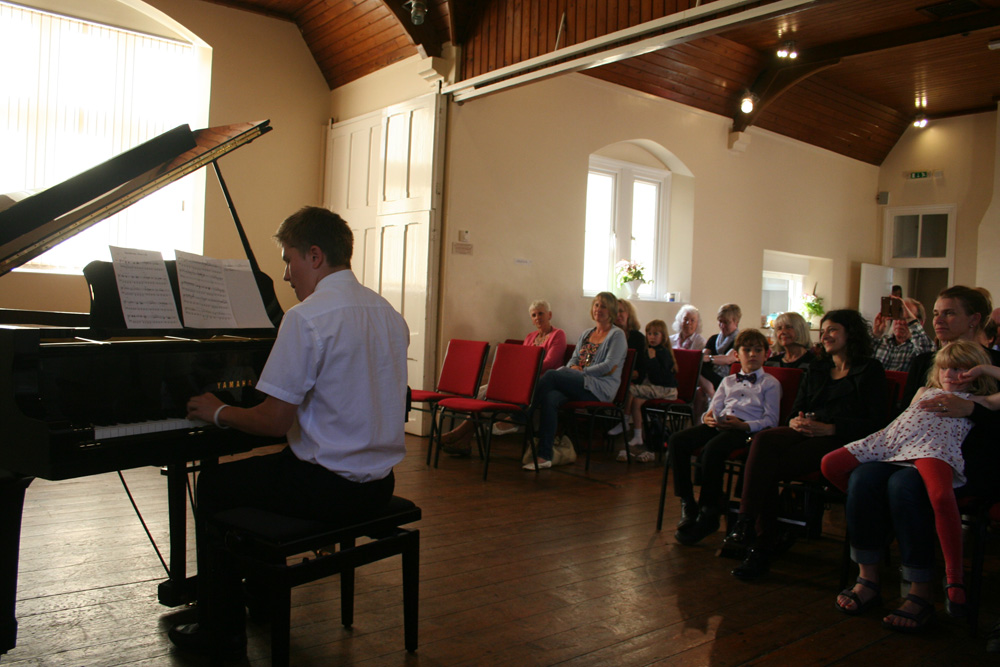
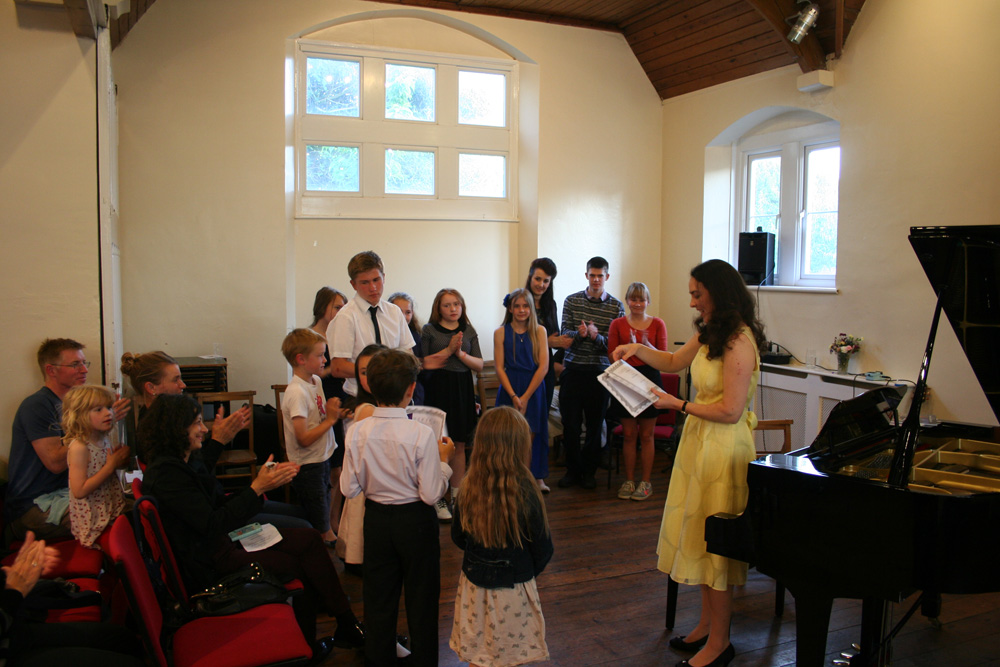
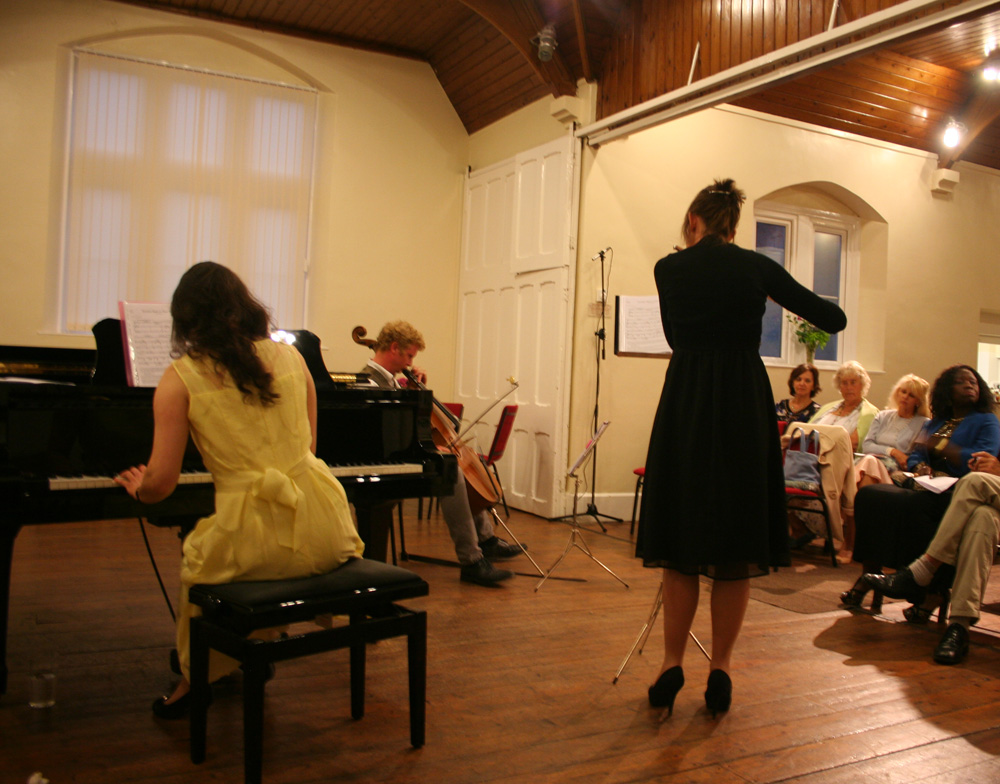
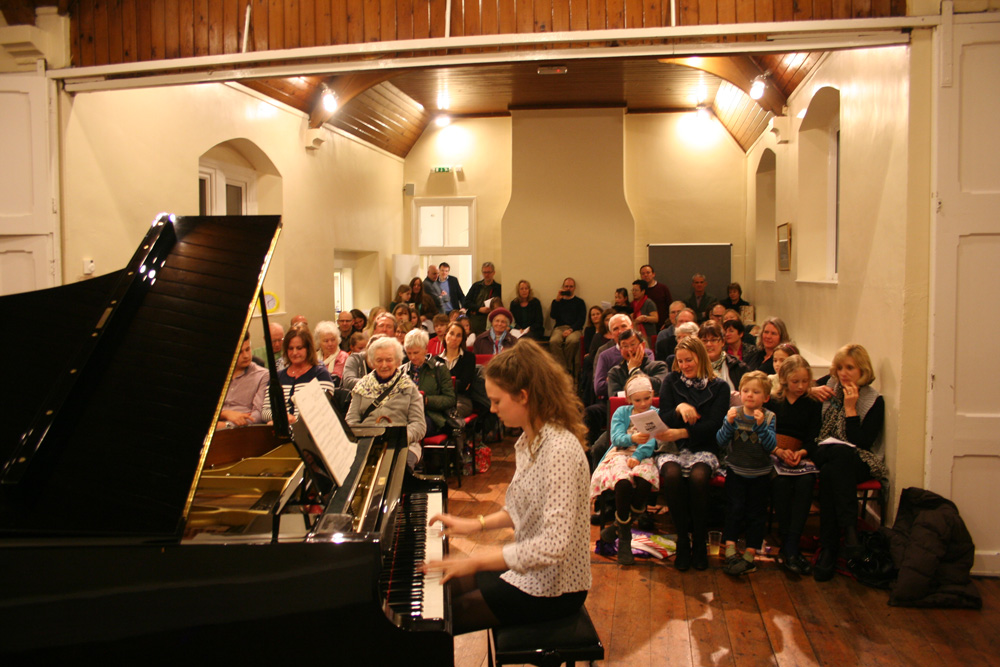
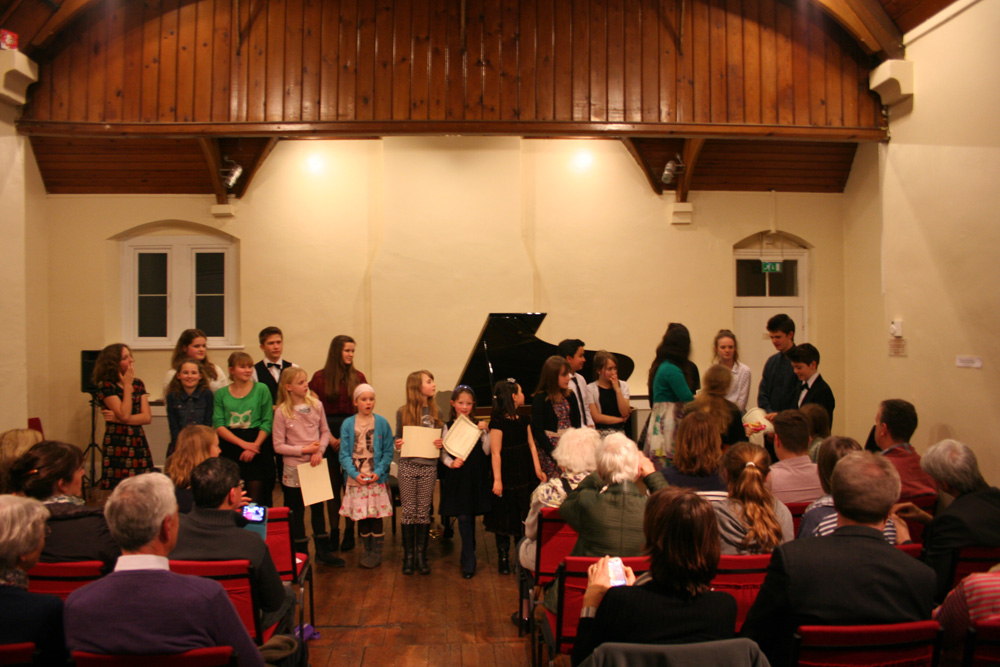
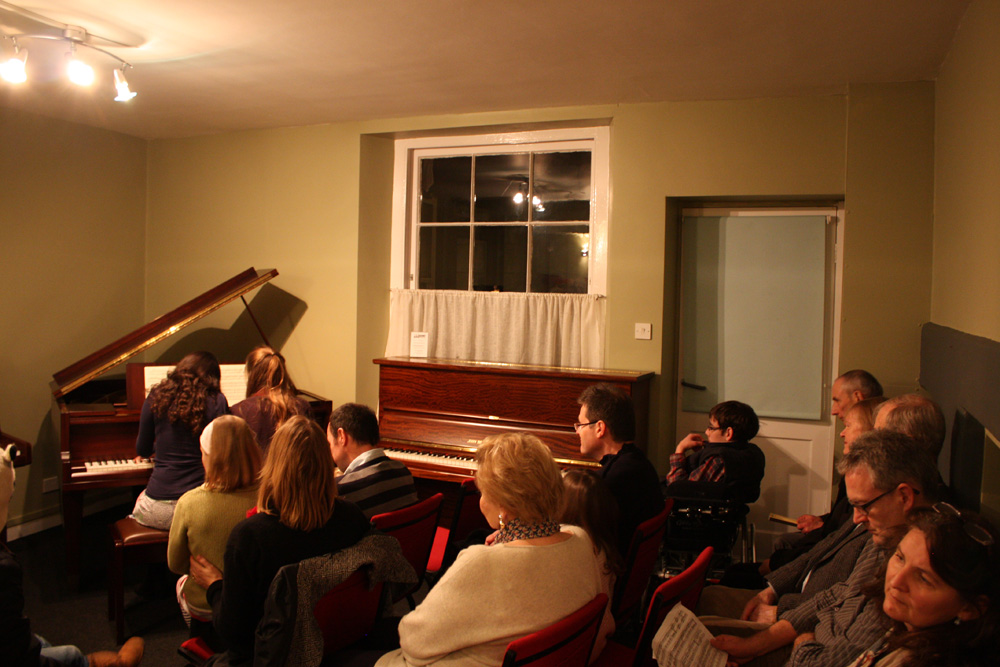
Recent Comments